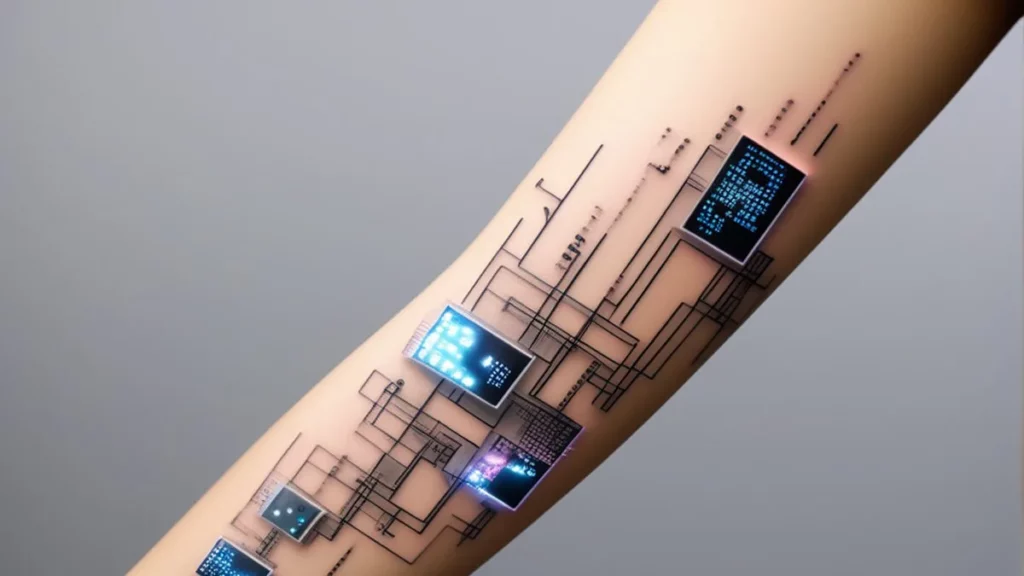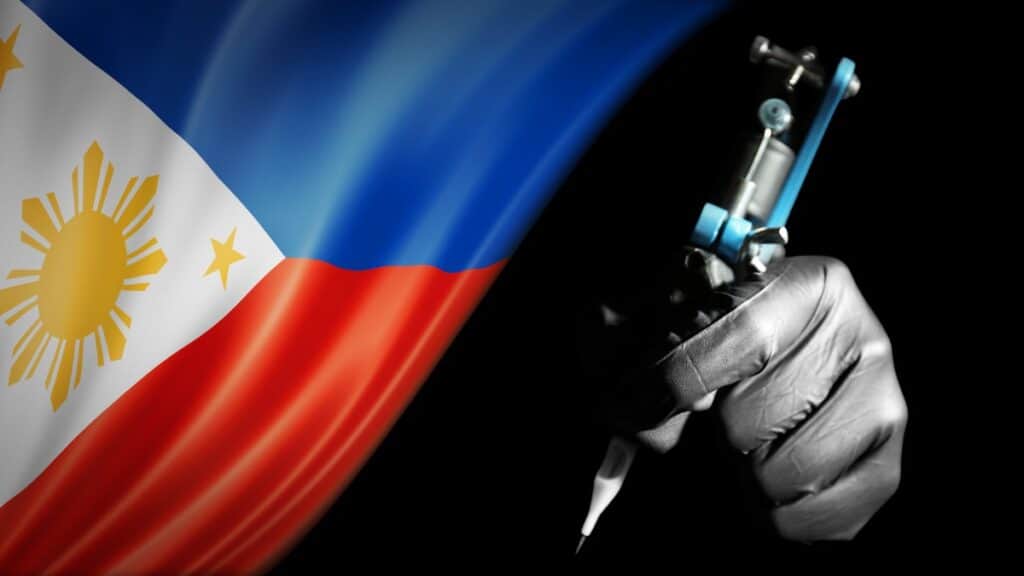Key Takeaways
- ChatGPT offers both opportunities and challenges in academia, with potential to revolutionize research and education but also raising concerns about academic honesty and plagiarism.
- A study by Plymouth Marjon University and the University of Plymouth researchers demonstrated ChatGPT's capabilities and suggested precautions to maintain its positive influence.
- The study serves as a wake-up call for universities to design assessments carefully and minimize academic dishonesty.
- Universities, including Bristol and Coventry, are issuing guidance for staff to detect ChatGPT-generated work and outlining potential consequences, including expulsion for repeat offenders.
- Experts emphasize the importance of genuine learning and advise academics to be alert for signs of AI-generated work, such as language deviations or lack of critical analysis.
ChatGPT, an AI chatbot launched in November 2022, has been making waves in the academic world, offering both opportunities and challenges.
While it has the potential to revolutionize research and education, concerns about academic honesty and plagiarism have arisen.
A recent study conducted by researchers from Plymouth Marjon University and the University of Plymouth aimed to demonstrate the capabilities of ChatGPT and the precautions necessary to maintain its positive influence in academia.
The study was published in the peer-reviewed journal Innovations in Education and Teaching International.
Demonstrating ChatGPT’s Capabilities
The researchers used ChatGPT to generate a majority of their paper’s content by providing prompts and questions.
They then organized the generated text and inserted genuine references throughout.
This process was only revealed in the paper’s Discussion section, which was written by the researchers themselves without any input from ChatGPT.
The study highlights that ChatGPT’s output can be formulaic, but several AI-detection tools can identify its work.
The Wake-Up Call for Universities
The study serves as a wake-up call for university staff to design assessments carefully and ensure academic dishonesty is minimized.
Prof. Debby Cotton, Director of Academic Practice at Plymouth Marjon University, believes that AI can automate administrative tasks and allow more time for working with students.
Dr. Peter Cotton, Associate Professor in Ecology at the University of Plymouth, argues that banning ChatGPT is only a short-term solution and that universities must adapt to an AI-driven paradigm.
Thomas Lancaster, an expert on contract cheating at Imperial College London, warns that detecting machine-generated work is difficult due to its high-quality writing.

The Race to Maintain Academic Integrity
In an era where essay mills and AI chatbots like ChatGPT are increasingly being used to produce academic work, universities are struggling to maintain academic integrity.
Thomas Lancaster, an expert on contract cheating at Imperial College London, warns that detecting machine-generated work is difficult due to its high-quality writing.
However, he suggests that academics can look for clues, such as improper referencing, to identify ChatGPT’s work.
Universities Taking Action
Several universities have issued new guidance for staff on detecting the use of ChatGPT for cheating and have outlined potential consequences, including expulsion for repeat offenders.
Institutions such as Bristol University and Coventry University are reinforcing the message that cheating is unacceptable and are taking measures to ensure academic integrity is maintained.
The Importance of Genuine Learning
Experts argue that students who rely on AI chatbots for academic work ultimately cheat themselves out of a valuable education.
Irene Glendinning, Head of Academic Integrity at Coventry University, emphasizes that students who don’t engage in genuine learning are wasting their time and money.
She advises academics to be alert for language and content that deviates from a student’s typical voice or lacks critical analysis, as these could be indicators of AI-generated work.








